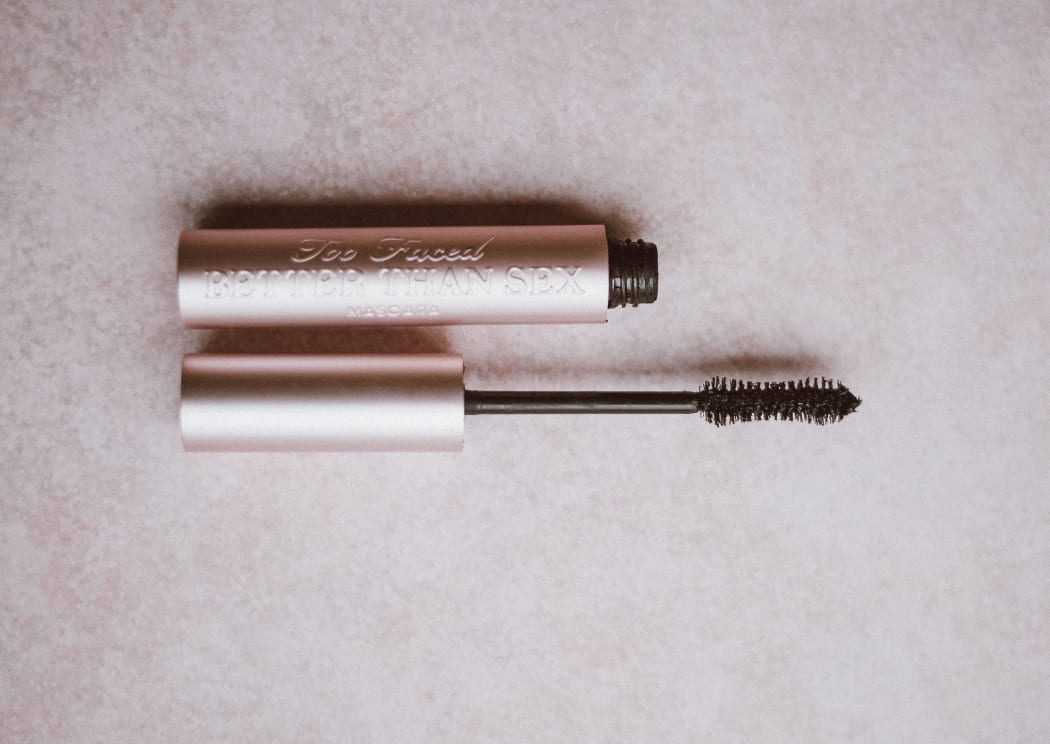If your lipstick or mascara is too old, it could well be carrying E. coli or staph bacteria, according to a new UK study.

Photo: Public domain
Biomedical science lecturer – and makeup fan Dr Amreen Bashir – talks about her research team's troubling discoveries.
Staphylococcal bacteria was present in 56 percent of lipsticks, 5 percent of lip glosses, 69 percent of mascaras, 72 percent of beauty blenders and 77 percent of eyeliners studied.
E. coli was discovered in more than 25 percent of beauty blenders and 1 in 10 lipsticks and lip glosses.
The research also revealed that when someone applies foundation to their face, there's a 57 percent chance they're also applying fungi.
When it comes to using makeup products beyond their intended shelf life, there's a real lack of consumer education about the risks, Dr Bashir says.
“When manufacturers make their cosmetics, they put preservatives in there and then for that set period of time, they shouldn't have any microorganisms.
"Now the issue we found is people are keeping their cosmetics way past their expiry dates. So those preservative are no longer active and can't protect the consumers.”

Dr. Amreen Bashir is a lecturer in Biomedical Science at Aston University. Photo: Supplied
Overaged mascara is a big offender, she says.
“[Mascara manufacturers] saying that you should discard it by three to six months maximum. And we found that 91 percent of our mascaras had actually been kept up to 10 years.”
Worryingly, Dr Bashir's team also discovered gut pathogens – which indicate faecal contamination – on the cosmetics tested.
"The lip glosses actually had the highest load compared to all of our products, followed by mascara.”
These pathogens indicate "hygiene lapses", Dr Bashir says.
“It's likely that when somebody’s applied makeup they’ve not washed their hands after going to the toilet, or they've dropped the product on the floor in the bathroom, and then not cleaned it and carried on applying it. So that's a really alarming finding from our research.”
Beauty blenders invite the worst hygiene lapses – 93 percent of those tested had never been cleaned, and 63 percent had been dropped on the floor.
Dr Bashir advises people discard beauty blenders after a couple of months as she's not convinced they can be properly cleaned.
While carrying around our own bacteria on our own cosmetics isn’t necessarily a problem, sharing products around can be risky, she says.
“Beauty salons, friends, families... things can be passed on from one person to another. We're happy with our own kind of bacteria. But we wouldn't essentially be okay with somebody else's.”
Cosmetics manufacturers could help combat the problem of unhygienic makeup by making their products in smaller units so that they run out before the expiry date, Dr Bashir says.

